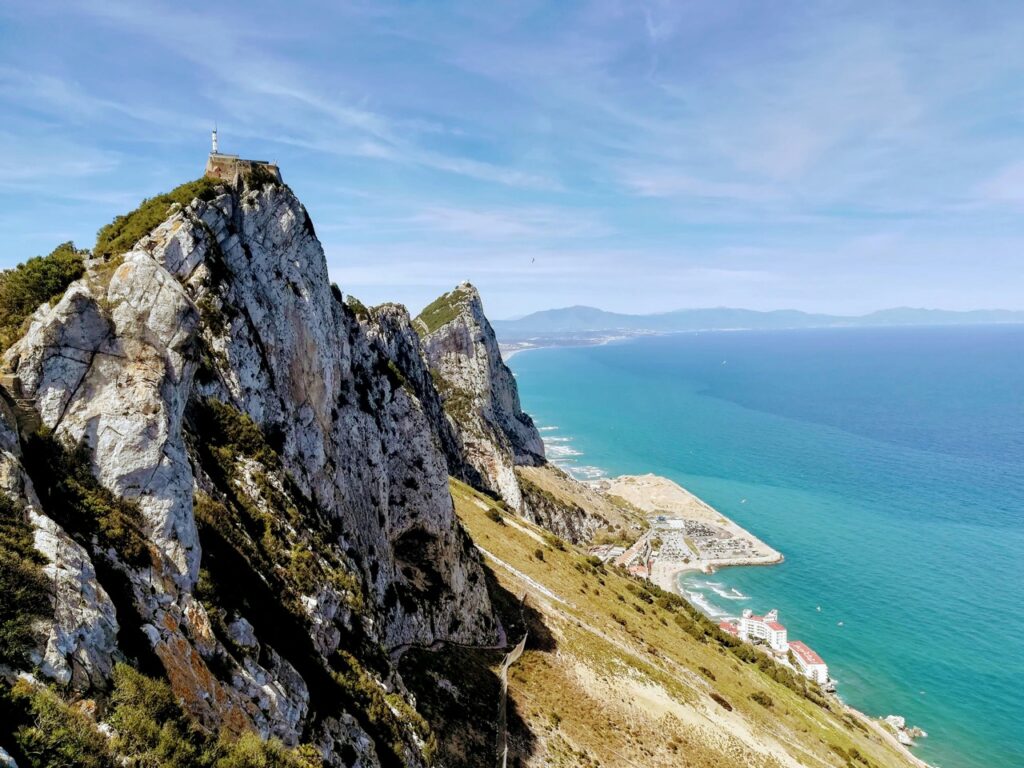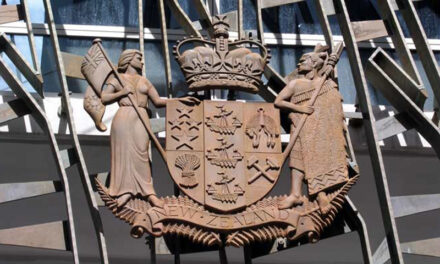
The Gibraltar and English legal systems’ roots lie deep. The first Court in Gibraltar created by Letters Patent on Monday 4 November 1720, commonly referred to in local circles as the First Charter of Justice, was precipitated by the seizure of Gibraltar in 1704 by the British Crown and British Sovereignty being given effect by the Treaty of Utrecht in 1713. Although the impetus for carving a legal system may be attributed to the British conquest of Gibraltar, the law of Spain remained the law, governing civil disputes after British accession until 1740. This is not surprising given the preceding Spanish occupation of Gibraltar spanning a period of over two centuries.
In 1740 the Second Charter of Justice substituted English Law for Spanish Law. Between 1740 and 1830, two further Charters of Justice variously added jurisdictions or amended court structures. The Fifth Charter of Justice, Letters Patent dated Wednesday 1 September 1830, established many features of the structure to the court system that are still in place today. It introduced the principle of the independence of the judiciary, the Supreme Court and highest appeals to the Privy Council. The Gibraltar Supreme Court’s civil jurisdiction today mirrors that of the High Court in England and Wales, whereas its criminal jurisdiction is akin to that of a Crown Court. Further jurisdictions for divorce, matrimonial, admiralty and the Court of Protection were established between 1888 and 1968. The Constitution for Gibraltar in 1969 (being it’s third at the time) created the Court of Appeal, being the highest appellate court sitting in Gibraltar. The composition of the Court of Appeal of Gibraltar was to be of an odd number of judges not less than free. Presently, there are five sitting Court of Appeal judges, in addition to the Chief Justice of the Supreme Court of Gibraltar who is an ex officio member of that court. Drawing from the English Bar [Bench], the five current sitting judges are all former (retired) Court of Appeal (England & Wales) judges. English common law applies in Gibraltar complemented by a growing body of Gibraltar case law. A large proportion of Gibraltar legislation originates from English statute.
Admission Requirements for Barristers in Gibraltar
In order to be admitted to the Bar in Gibraltar you must be first Called to the Bar of England and Wales. There are equivalent provisions relating to the requirement to undertake pupillage within the jurisdiction and in addition to that, you must complete a local proficiency course designed to highlight nuances to Gibraltar law. There is provision for exemptions to the admission requirements specifically local pupillage and the undertaking of the local course. These exemptions are regularly invoked when barristers from England are brought in to appear before the Gibraltar Courts in specific cases.
There could also be cross-jurisdictional opportunities the other way round.
Access to English Courts for Gibraltar Barristers
Subject to compliance with regulatory and admission requirements, allowing Gibraltar barristers to appear before English courts should be promoted.
Appearances before English courts would enable Gibraltar barristers to hone their skills, in turn allowing for a general development to the advocacy pool in Gibraltar. It would, without doubt, provide an opportunity for Gibraltar barristers to showcase their rivalling competence and readiness to handle complex cases and navigate through the practical challenges that emerge when conducting advocacy. The interconnectedness of the jurisdictions, the similarities in court structure and familiarity with common law create room for synergy.
The ability for Gibraltar barristers to access the English Bar and appear before English courts is something that clients/professional clients may not be alive to. The symbiotic relationship between the Gibraltar and English legal systems means that generally, developments in English law and changes to the English jurisdiction are ordinarily reflected in Gibraltar. Gibraltar barristers are therefore equipped to conduct advocacy in England. In Gibraltar there is almost a ‘fused’ profession, with the lines between barristers and solicitors often being blurred. This can place Gibraltar barristers in an advantageous position in England, particularly where direct access is of growing importance.
Gibraltar and the United Kingdom enjoy reciprocal market access for financial services. The importance of that access for Gibraltar has been underscored since Brexit. Gibraltar based companies do business in England and English companies have a right to passport their services in Gibraltar. This is common in specific industries such as gambling and insurance which are regulated sectors in Gibraltar. There is often litigation that is grounded in England but has a Gibraltar dimension that may place a Gibraltar barrister in a better position to conduct that specific case. However, absence of a Gibraltar connection should not be a bar to access to English Courts. Clients, instructing solicitors and sets should look to Gibraltar, there are barristers with vast experience in differing but some specialist practice areas emerging from regulated sectors.

Shane was Called by the Honourable Society of Middle Temple in November 2018 and was admitted as a Barrister of the Supreme Court of Gibraltar in February 2020.
Shane has a busy common-law practice. Instructions extend to crime, public & administrative law, personal injury, clinical negligence and landlord & tenant.





